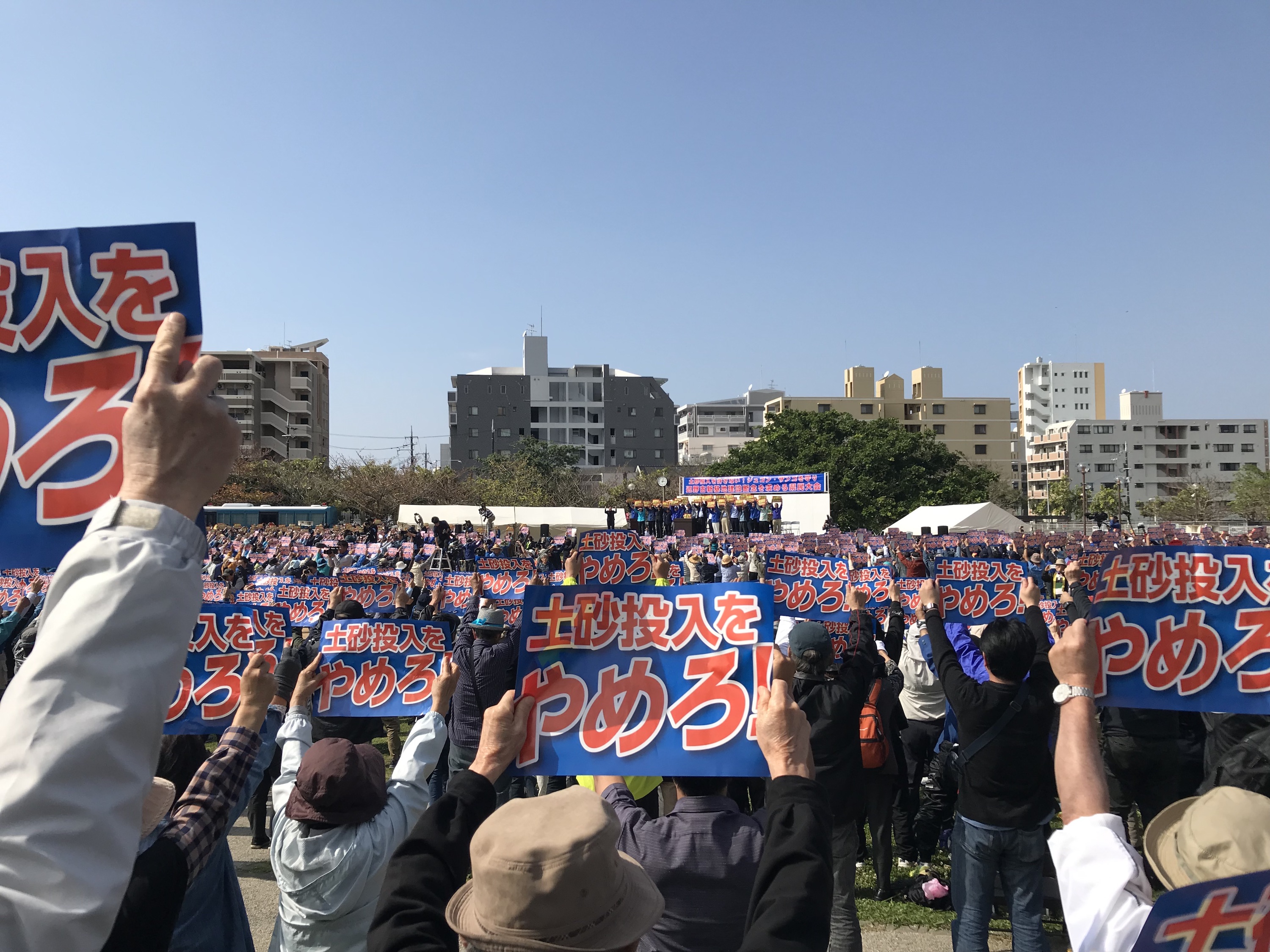Japan’s Failed Nation Building: Okinawa, 1972–2022
On May 15, 1972, two decades after the main islands of Japan regained full sovereignty, the Ryūkyūs were released from US administration, and Okinawa prefecture was re-established in the Japanese state. Locals expected life under Japan and its “peace constitution” to bring political stability and economic wealth, to strengthen people’s civic rights and to reduce the massive presence of US military facilities and units. A popular slogan at the time was “in line with the mainland” (hondo nami), which expressed Okinawa’s wish for equality with other Japanese prefectures. However, to this very day, more than fifty years after the so-called “reversion” (fukki) took place, grave imbalances between Okinawa and other prefectures persist, and the perceived injustice continues to spark political protest. Okinawa has repeatedly seen mass mobilizations and, more recently, a rise in regional populism in local politics. Both are fuelled by a strong local identity that is based in people’s historical consciousness about the conflict-laden historical encounters with Japan. Even beyond party politics or regional and generational boundaries, in Okinawa it is commonly agreed that the “reversion” was not a success story. Contrary to the stance of the state, “Japan with Okinawa” has not emerged as a nation. This talk will focus on Okinawa’s identity politics, and will discuss several milestone events that have contributed to the failed nation-building process, one that continues to haunt Okinawa-Japan relations to date.
Gabriele Vogt holds the Chair in Japanese Studies and serves as Director to the Department of Asian Studies at Ludwig-Maximilians-Universität München (LMU Munich). In 2002, she obtained her Ph.D. with a study on the anti-base coalition of civil society and local politicians in Okinawa, and its impact on Japan’s system of multilevel governance and the US-Japan Security Alliance. Gabriele continues to research Okinawa under the framework of citizen-state interaction; she is the author of: “Okinawa’s Unsettled Membership in Japan”, In: Current History (2022), 121 (836), pp. 224-230, https://doi.org/10.1525/curh.2022.121.836.224; “Identity politics in Okinawan elections: the emergence of regional populism”, In: Japan Forum (2021, with Ken V. L. Hijino), 33:1, pp. 50-76, https://doi.org/10.1080/09555803.2019.1646784. Gabriele also publishes on Japan’s demographic change, international labor migration to Japan, and Japan’s political and societal responses to the covid-19 pandemic. Her recent works include the following papers: “The Aging Democracy: Demographic Effects, Political Legitimacy, and the Quest for Generational Pluralism.” In: Perspectives on Politics (2023, with Yosuke Buchmeier), https://doi.org/10.1017/S1537592723000981 (open access); “Sanitizing the national body: COVID-19 and the revival of Japan’s ‘Closed Country’ strategy.” In: Asian and Pacific Migration Journal (2022, with Sian Qin), https://doi.org/10.1177/01171968221125482 (open access); “Robotic devices and ICT in long-term care in Japan: Their potential and limitations from a workplace perspective.” In: Contemporary Japan (2021, with Anne-Sophie L. König), https://doi.org/10.1080/18692729.2021.2015846 (open access).
